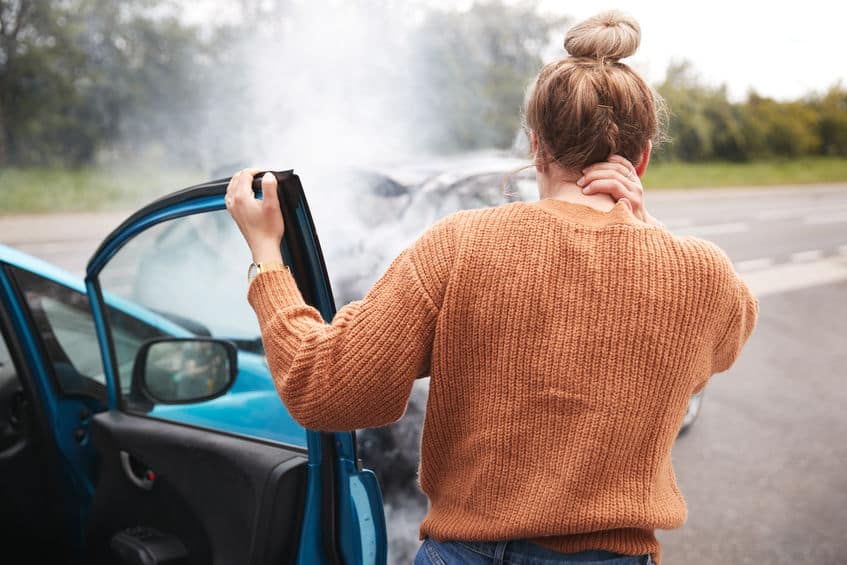What Steps Do I Take After an Out-of-State Accident?
In the minutes after a car accident, there are a number of steps to keep in mind. Many of these common procedures are important to consider no matter what state you’re in. Nevertheless, understanding these basic principles will reduce your stress and anxiety after an accident.
- Call the police and medical emergency services: If you or any other passengers were injured in the accident, seek medical attention. Consider calling the police, even if the incident was minor and everyone is cooperative, so that you have an official report to give to your insurance company. A simple 911 call should do the trick.
- Document the scene: Jot down notes and snap photos of the entire scene, including how the crash occurred from your perspective and the damage sustained to the vehicles and passengers. It’s generally only necessary to provide your name and insurance information to the other drivers involved, though state laws vary. If the other party is willing, it’s also often beneficial to exchange phone numbers. It’s important to not admit guilt or blame the other driver.
- Notify your insurance company: Reporting an insurance claim should be just as easy as it would be at home. Your insurance company will be able to answer any questions you may have regarding your policy. The company will send an adjuster to investigate the accident, determine liability, calculate claim values, and negotiate settlements. The adjuster will either be sent from your hometown or a location near the accident. Depending on your policy, your insurance company may also send you a tow truck and help you find a nearby repair shop.
Getting into a car accident in an unfamiliar place can be stressful. As long as you stay calm and take the appropriate steps, you’ll be just fine. These types of crashes happen regularly, and for that reason, car insurance companies make these cases as easy as possible. Our best New York car accident lawyers say your coverage limits will always adjust to meet the maximum coverage on your policy, even if you’re driving in a state that requires lower liability limits than your home state.

